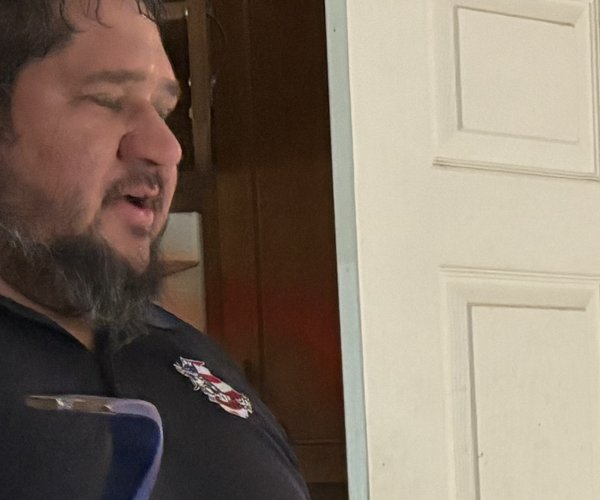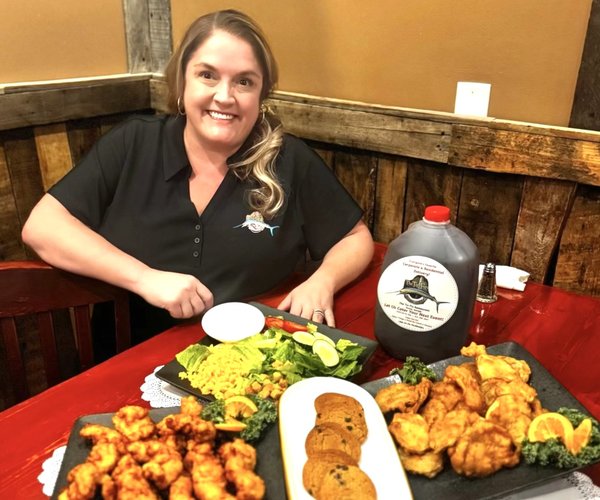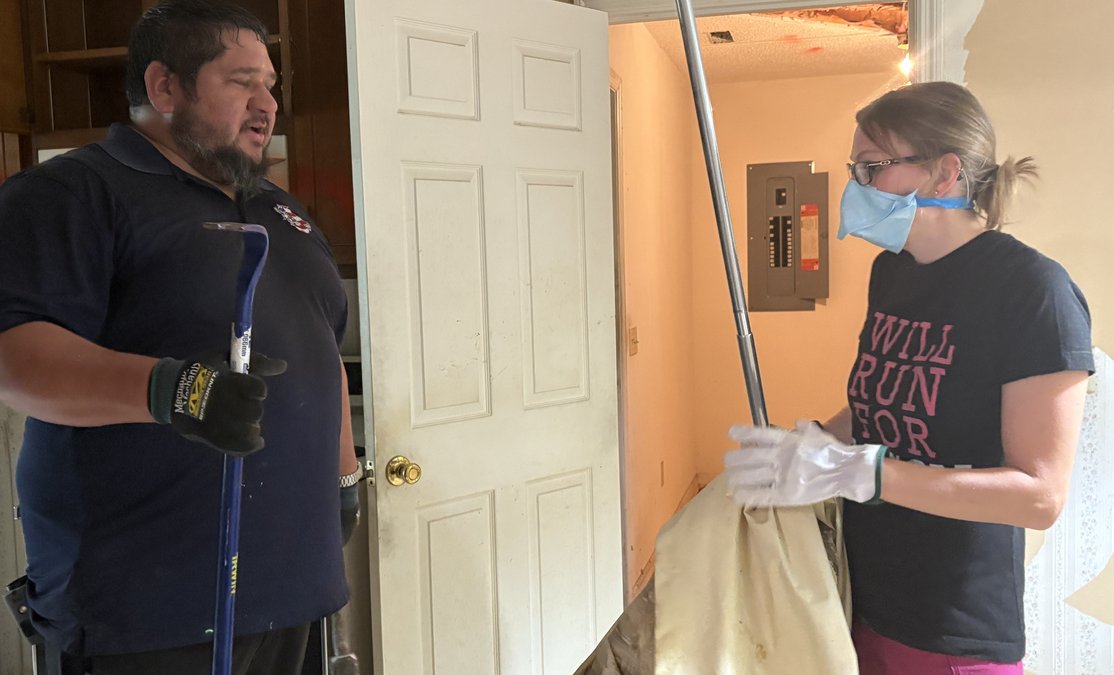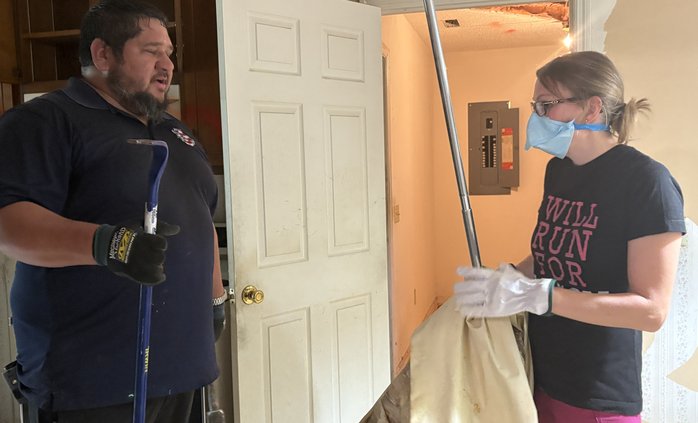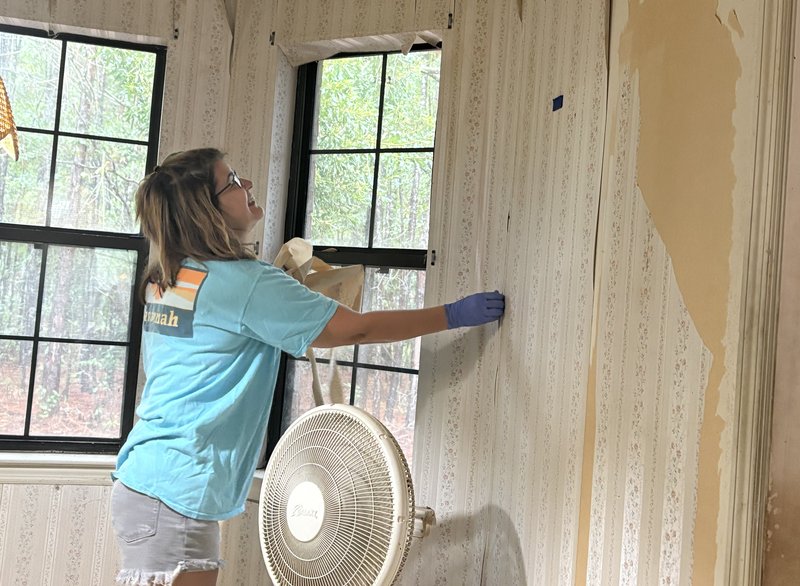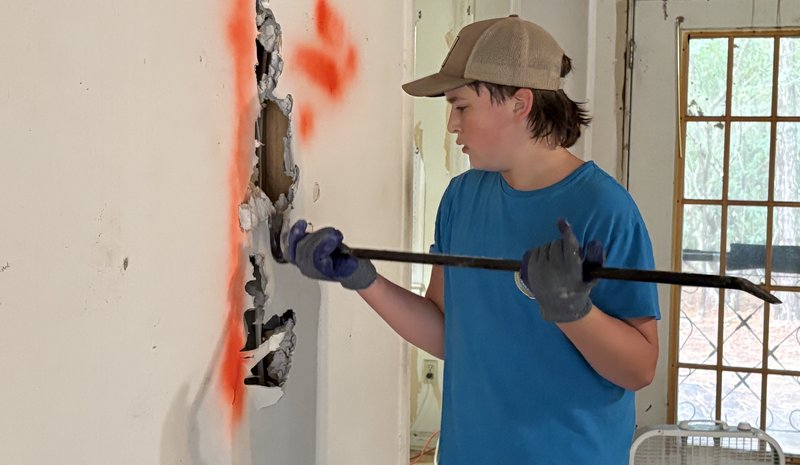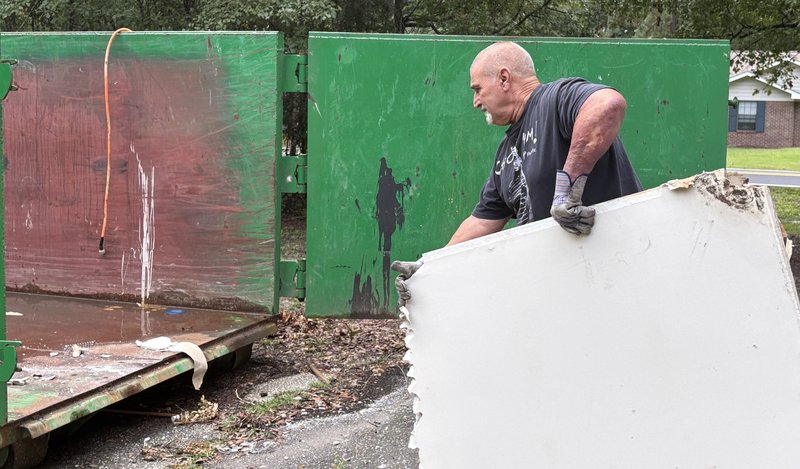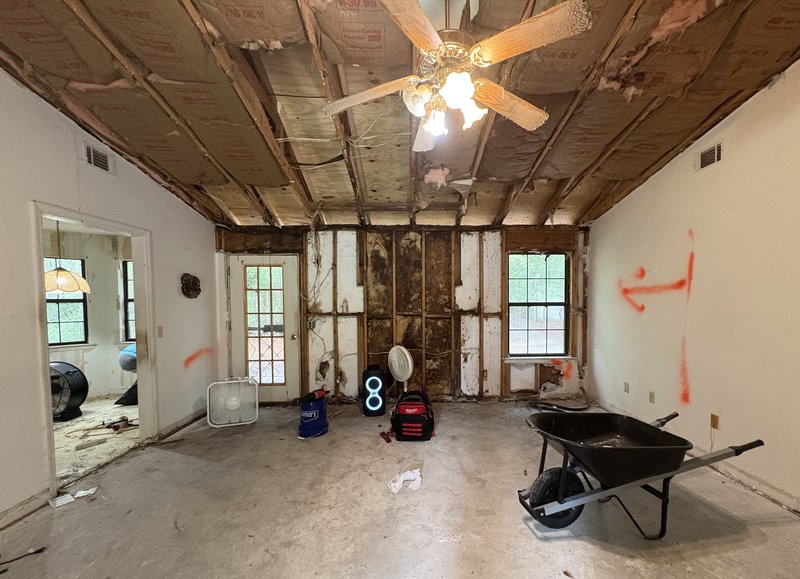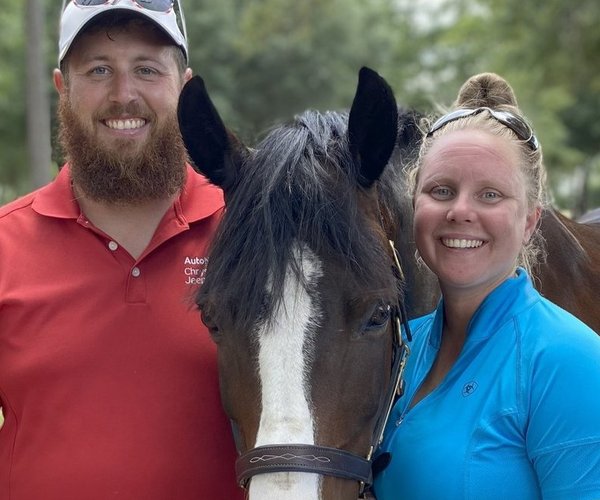As much as Effingham County commissioners want to streamline a proposed alcohol ordinance, county staffers don’t want there to be any holes in it that can be exploited.
Commissioners went over the draft ordinance at their meeting Tuesday afternoon. It is 37 pages long, prompting commissioners to ask why it was so lengthy.
“We’ll take another swipe at cutting it down without changing the content and substance,” Assistant County Attorney Eric Gotwalt said. “It is unfortunately a lengthy ordinance.”
Commissioners tabled the first reading of the ordinance and will revisit the issue at their March 5 meeting. In the meantime, county staff will be working on fine tuning the language, if not perhaps the length, of the draft law.
“Alcohol beverage ordinances are among the most challenging in the United States, and that holds true for Georgia,” Gotwalt said. “It’s an area where you want to be as precise as possible about what you allow and what you do not allow.”
The ordinance needs to spell out clearly what is permissible, Gotwalt told commissioners, to prevent certain businesses from challenging it for loopholes. That is a particular method used by adult entertainment establishments.
“So you want to spell out in your ordinance that you will not allow those things and you want to be clear about it,” he said.
Some sections of the ordinance, such as those pertaining to architectural standards for full service restaurants, could be whittled down, Gotwalt said. But he cautioned commissioners on not paring down other parts of the ordinance, such as the license and appeals process.
The proposed ordinance deals with every aspect of the county’s alcohol laws, including where and when beer and wine package sales can take place.
“The intent is to not allow bars,” Gotwalt said. “It is not going to allow nightclubs where entertainment is the primary function. This ordinance is designed to allow restaurants that serve beer and wine and mixed drinks and it is designed to continue to allow package sales of beer and wine in the county.”
Commission Chairwoman Myra Lewis said the board didn’t want to include language on bars and lounges in the ordinance, but Gotwalt said it’s necessary to have it in there.
“If you don’t define what a bar is, someone will come along and press the system,” he said. “The intent is make it clear as possible some things are not allowed in Effingham County.”
Commissioner Reggie Loper asked to have the term full service restaurant defined at the beginning of the ordinance in an effort to clarify the document.
“If they don’t meet the requirements for a full-service restaurant, they don’t get a license. You eliminate all this other stuff,” Loper said.
“My purpose is to not re-invent the wheel,” Gotwalt said, “but we certainly want to make it a little bit simpler and put the important stuff at the front.”
Commissioners also likely won’t retreat from the stipulation of having 55 percent of an establishment’s sales come from food. Charlie Kea, president of the Community Progress Council of Effingham, which was instrumental in pushing for the Feb. 5 referendum, asked commissioners to consider a 50-50 split to make the county more marketable to restaurants.
“If 50 percent of your sales is coming from alcohol, I would not necessarily consider it a restaurant,” Lewis said.
Gotwalt added that either the Bulloch County or Statesboro ordinance has a 60 percent food sales threshold.
But that led him to warn commissioners about the need for a stringent sales split on food and alcohol, since some adult entertainment establishments also serve food and could challenge the prohibition on entertainment.
“They challenge that it is not entertainment but performing arts,” Gotwalt said. “I understand from the radio that Uncle Harry’s serves a full lunch.”
In drafting the ordinance, Gotwalt and county staff researched the laws on the books for Bulloch County, Statesboro, Chatham County, Bloomingdale, Pooler and Thunderbolt, among others.
“I think it’s an excellent job you’ve done,” Kea said. “I think that objective has been handled very nicely.”
Commissioners also questioned how the required distance of 200 yards between an establishment with a license to sell alcohol and places such as schools and churches.
It also sets the fees for alcohol licenses and license renewals and spells out punishments for violations of the ordinance.
Under the ordinance, background checks on license applicants will be conducted by the Effingham County Sheriff’s Department.
The fees are “middle of the road,” Interim County Administrator David Crawley said.
The Effingham County Sheriff’s Department will conduct background checks on license applicants. Who would receive and issue applications are among the questions to be answered.
“We want to nail down the application process,” Crawley said.


